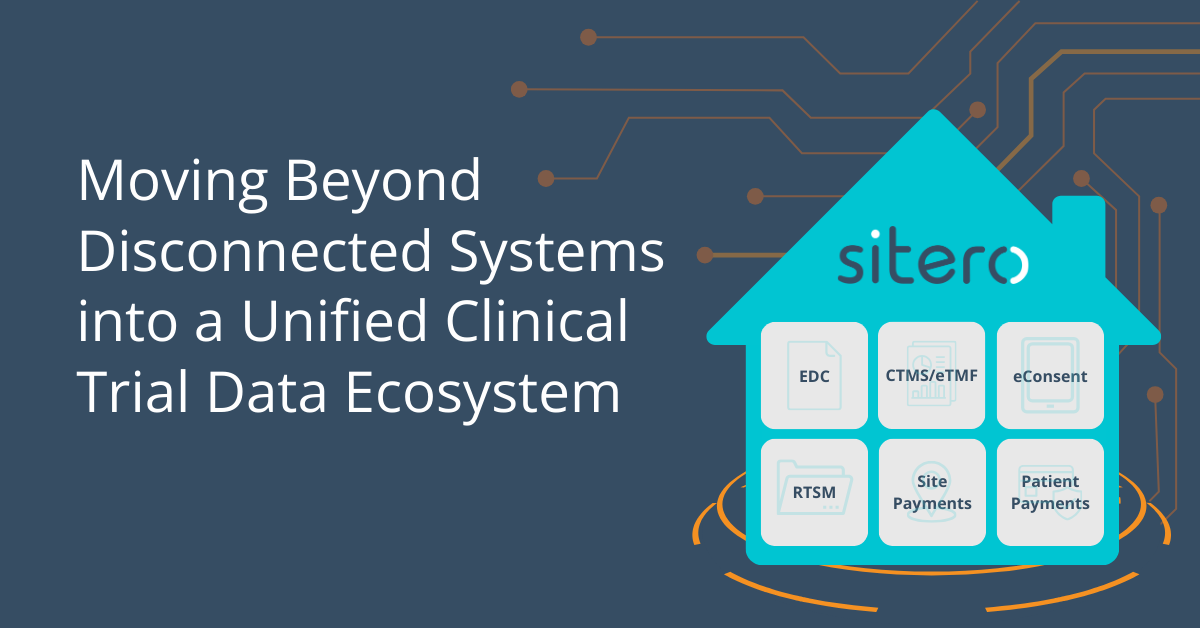
Different Types of Research Compliance Review Boards
Authors:
Frank McAneny, MS, MBA, CCRP, CHRC, CCEP, CSSGB – Director of Research Compliance
Sarah Ziegler, Ph.D., SM(NRCM), RBP, CBSP – VP of Research Compliance
Research compliance reviews can sometimes feel daunting and unfortunately, there is usually more than one review required; many committees may need to review the same study. But why is that? A diverse array of oversight bodies, also known as research compliance boards, is crucial to ensuring research activities’ ethical conduct and regulatory compliance.
These boards play pivotal roles in various domains, from safeguarding human and animal welfare to assessing the safety and integrity of scientific studies. Each board has a specific focus area and expertise. Understanding the functions and responsibilities of each type of board is essential for researchers, institutions, and stakeholders involved in the research process.
Each of these boards serves distinct purposes and operates within specific regulatory frameworks, contributing to the overarching goal of promoting ethical research practices and ensuring compliance with applicable laws and guidelines. It’s important to understand the intricacies of each board and its role in research compliance. In this blog post, we will explore the following types of research compliance review boards:
- Institutional Review Board (IRB)
- Stem Cell Research Oversight Committee (SCRO)
- Data Safety Monitoring Board (DSMB)
- Institutional Animal Care and Use Committee (IACUC)
- Institutional Biosafety Committee (IBC)
What is an Institutional Review Board (IRB)?
An Institutional Review Board (IRB) is a vital component of a research compliance program, particularly in contexts where human subjects are involved in research studies. An IRB is an independent body of diverse professionals, including scientists, non-scientists, and community representatives, responsible for reviewing, approving, and overseeing research protocols to protect human participants. Its primary objective is to evaluate proposed research projects’ ethical, methodological, and regulatory aspects, ensuring that participants’ rights, safety, and well-being are upheld.
Researchers seeking to conduct studies involving human subjects must submit their protocols to the IRB for thorough scrutiny. The IRB assesses the risks and benefits of the research, the informed consent process, and the adequacy of safeguards to protect participants. Additionally, the IRB monitors ongoing studies and can suspend or terminate research that deviates from ethical standards or poses unforeseen risks. The IRB’s role is essential in maintaining ethical standards, compliance with regulations, and research integrity involving human subjects.
What is a Stem Cell Research Oversight Committee (SCRO)?
A Stem Cell Research Oversight Committee (SCRO) is used in settings where scientific investigations involve stem cells. It typically comprises experts in stem cell biology, ethics, reproduction, and regulatory affairs. Stem cells have unique properties and potential applications in various fields, including regenerative medicine.
The SCRO is typically tasked with overseeing and regulating research protocols related to stem cell studies to ensure ethical standards, compliance with regulations, and the responsible conduct of research. An SCRO’s responsibilities may include:
- Assessing the scientific merit of the research.
- Evaluating the source and handling of stem cells.
- Ensuring that the studies adhere to established ethical guidelines.
Additionally, the SCRO monitors ongoing research activities, conducts periodic reviews, and may assist in developing institutional policies related to stem cell research. This oversight contributes to advancing stem cell science while upholding ethical principles and maintaining compliance with relevant regulatory frameworks.
What is a Data and Safety Monitoring Board (DSMB)?
A Data and Safety Monitoring Board (DSMB), sometimes called a Data Safety Committee (DSC), is used in clinical trials and studies involving human participants. The primary function of a DSMB is to independently monitor and assess the safety, scientific validity, and ethical conduct of a research study. Composed of experts in relevant fields such as clinical medicine, statistics, and ethics, the DSMB operates separately from the investigators and sponsors of the research.
The responsibilities of a DSMB include reviewing interim data at predetermined intervals to ensure participant safety and study integrity. Based on its findings, the DSMB may recommend modifications, continuation, or termination of the study. This oversight is crucial in safeguarding the welfare of research participants, maintaining research quality, and upholding ethical standards. The DSMB’s role is vital in long-term or complex studies, contributing to the overall credibility and compliance of the research program with regulatory requirements.
What is an Institutional Animal Care and Use Committee (IACUC)?
An Institutional Animal Care and Use Committee (IACUC) is a critical component of a research compliance program, particularly in environments where animal studies are involved in scientific studies. The primary function of an IACUC is to ensure the ethical and humane treatment of animals used in research, teaching, and testing. Comprising veterinarians, scientists, ethicists, and community representatives, the IACUC is responsible for reviewing and approving animal research protocols.
Researchers seeking to work with animals must submit their proposals to the IACUC for evaluation, and the committee assesses the scientific and ethical aspects of the proposed work. The IACUC also monitors ongoing research to ensure compliance with established standards and regulations, conducts inspections of animal facilities, and investigates concerns related to animal welfare. By overseeing the use of animals in research, the IACUC plays a crucial role in upholding ethical principles, promoting responsible animal care, and ensuring compliance with local, national, and international regulations governing the use of animals in scientific research.
What is Biosafety?
Biosafety is aimed at ensuring the safe handling of biological materials. It involves comprehensive risk assessments, classification of biological agents based on potential hazards, and the establishment of containment levels and standard operating procedures (SOPs). Researchers must receive proper training, use appropriate personal protective equipment (PPE), and work within facilities designed with engineering controls to prevent the release of biological agents.
Compliance with local and international regulations, proper waste management, and ongoing monitoring through inspections and audits are integral components. The goal is to create a safety culture, protect both personnel and the environment, and ensure responsible and ethical research practices in handling biological materials.
What is an Institutional Biosafety Committee (IBC)?
An Institutional Biosafety Committee (IBC) focuses on biosafety containment and worker safety. IBCs are required oversight bodies where research incorporates biological materials carrying potential risks to human health and the environment. As an administrative body within an institution, the IBC oversees and evaluates research initiatives involving recombinant DNA, infectious agents, and other biohazards. Its primary goal is to assess and manage potential risks associated with such research endeavors, thereby safeguarding the well-being of researchers, the public, and the environment.
Comprising experts in fields like molecular biology, microbiology, biosafety, and occupational health, the IBC ensures a comprehensive review and approval process for proposed research projects, aligning them with relevant regulations, guidelines, and ethical standards. The committee also conducts risk assessments, provides training in biosafety procedures, and engages in ongoing educational initiatives to keep researchers informed. It is important to note that IBCs are local committees focused on site-specific considerations.
The IBC maintains a proactive role in upholding biosafety standards through monitoring, inspections, and communication. Additionally, the committee contributes to developing institutional policies related to biosafety. It meticulously records its activities, crucial in ensuring regulatory compliance at national and international levels. The IBC is a pivotal safeguard, overseeing research involving biohazardous materials to uphold the safety of researchers, the community, and the environment.
Conclusions
In conclusion, understanding the various oversight bodies is essential to navigating the complex landscape of research compliance. From safeguarding human and animal welfare to upholding scientific integrity, each board plays a crucial role in maintaining the highest standards of research conduct in clinical settings and higher education research institutions.
Sitero stands at the forefront, offering unparalleled expertise in navigating the intricacies of research compliance review boards. Our services extend across a spectrum of essential bodies, including Institutional Review Boards (IRBs), Stem Cell Oversight Committees (SCOCs), Data and Safety Monitoring Boards (DSMBs), Institutional Animal Care and Use Committees (IACUCs), and Institutional Biosafety Committees (IBCs).
Contact us today to experience the Sitero difference and unlock the full potential of your research initiatives.
The future of clinical trials is a unified, interoperable ecosystem. Sitero’s Mentor platform is leading this transformation, ensuring that clinical trials are more efficient, compliant, and streamlined than ever before. Learn more in our latest blog:
Today’s trials require data entry from anyone, anywhere including patients, sites, home nurses, and remote investigators. Learn why EDC systems must evolve to support decentralized trails in our latest blog:




